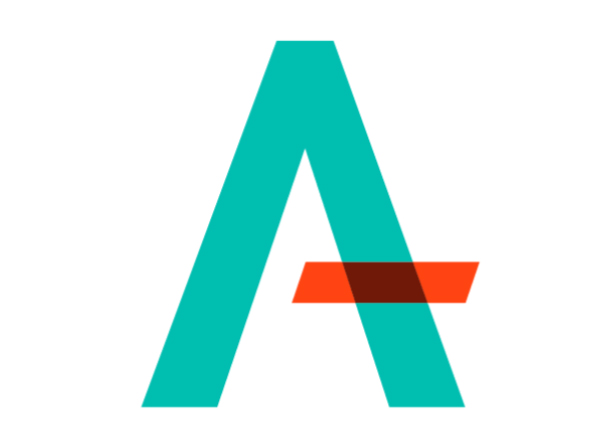Today, many parents consider 13 to be the age of adulthood on the internet. After all, PG-13 movies are for age 13 and up for a reason, right? But the reason might not be what you think. The age 13 has legal significance when it comes to the Child Online Privacy Protection Act (COPPA). COPPA is a law from 1998 intended to protect the privacy of children 12 and under by preventing companies from collecting their personal data. This is why you have to be 13 to use certain websites, download apps and watch PG-13 movies. This means that as soon as a child turns 13, they can do almost anything on the internet without parental consent, such as share photos and stories on Instagram, form a Facebook group, tweet, create a Gmail account, start a YouTube channel and send disappearing Snapchats. Many parents think the age 13 has to do with the level of appropriateness and safety of the content. However, the age restriction is entirely due to COPPA. A study done by Harvard's Berken Klein Center for Internet and Society found that the majority of parents and youth "misinterpret the age requirements that emerged from the implementation of COPPA. Except for the most educated and technologically savvy, they are completely unaware that these restrictions have anything to do with privacy." Because websites are not required to disclose the reasoning behind COPPA, parents remain unaware. Age 13 is a young age. At the age of 13, a child's prefrontal cortex is far from developed. When lawmakers wrote COPPA, they needed to define "child" from a legal perspective. It was believed that 16 was too old. But Senator Edward Markey, one of COPPA's writers said, "It was too young and I knew it was too young then. It was the best I could do." To read more about how COPPA has affected a whole generation, click here.

